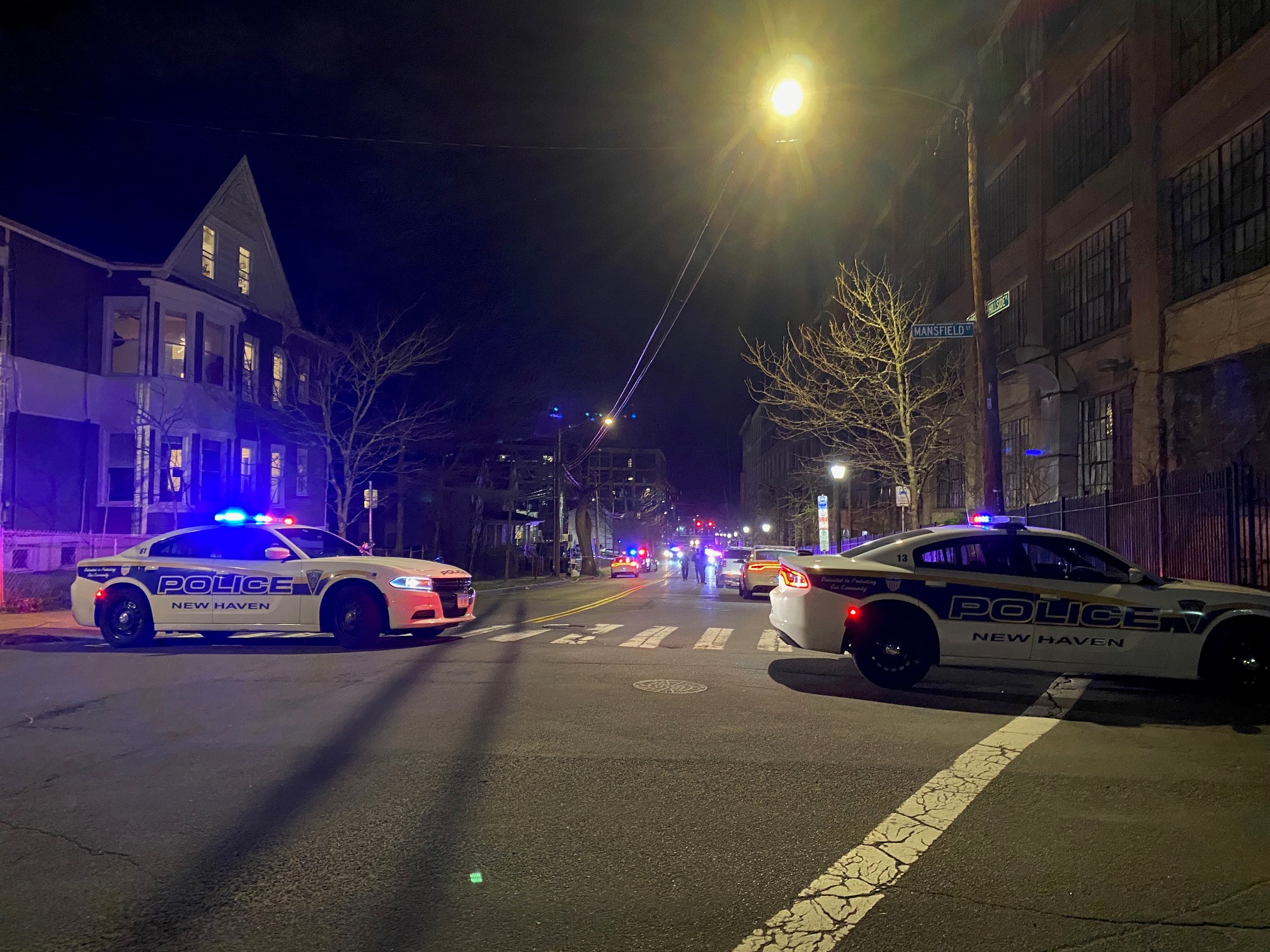Since Connecticut’s first in the nation risk warrant law took effect two decades ago, 2,000 firearm removal requests have been filed. Half of those have come in the last five years.
According to Rep. Steven Stafstrom of Bridgeport, a Duke University study showed this legal strategy prevented between 38 to 76 suicides from 1999 to 2013.
“For every 10 to 20 risk warrants that are issued, one life is saved,” said Stafstrom.
Stafstrom is a strong supporter of HB5448, which seeks to update the law for the first time.
“They’re making comments or they’re making threats, or they’re talking about causing physical injury to themselves or others, mixing that with firearms is simply a bad idea,” said Stafstrom, a Democrat.
Under current Connecticut law, if you have such a suspicion your only point of contact is the police or state attorney’s office, which must ask a judge for a warrant.
“There are a lot of times where you know somebody personally and you don’t want to get the law enforcement involved but you want help,” said Bridgitte Prince of East Hartford.
Local
A new proposal allows you to take your case directly to the judge. Prince, a US military veteran, thinks this bill could save the lives of her fellow veterans.
“You’re dealing with veterans with PTSD and a lot of other health issues,” she pointed out.
The expansion of Connecticut’s Risk Warrant Law bars a person from purchasing a weapon if they’re deemed a threat.
Family, members of a household, and certain medical professionals could apply for the risk warrant directly with a judge.
The order would last indefinitely, but the subject could petition for a review every six months. Right now, the orders expire after a year and cannot be extended or reduced.
“They’re all common sense updates to a law that has been proven to work already but with these changes will be even more effective and can help save even more lives,” said Stacey Mayer of Moms Demand Action for Gun Sense in America.
“Our existing law is good the way it is,” said Rep. Doug Dubitsky, a Republican.
Dubitsky said eliminating the police from the process could keep guns in the hands of the “bad guys” and take them out of the hands of the “good guys.”
“There is no neutral arbiter in this process. There’s just somebody with a gripe going directly to a court. There’s no investigation. That’s a big problem,” said Dubitsky.
He gave the example of a domestic violence victim unknowingly having their firearm taken away by a violent spouse, leaving them unprotected.
“The police are going to go in and investigate. The police are going to look to see if there’s really an issue here,” he said. “Judges in this state are very likely to grant these things without any type of significant evidence.”
The changes don’t prevent a person from going directly to police and if a judge granted the warrant it would be up to officers to confiscate the weapons.



